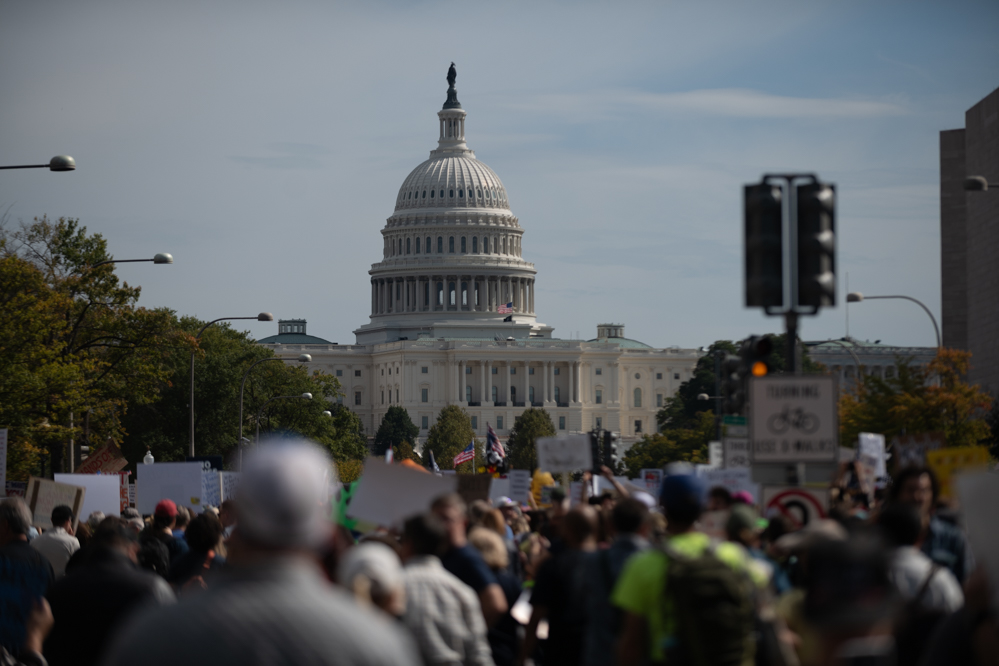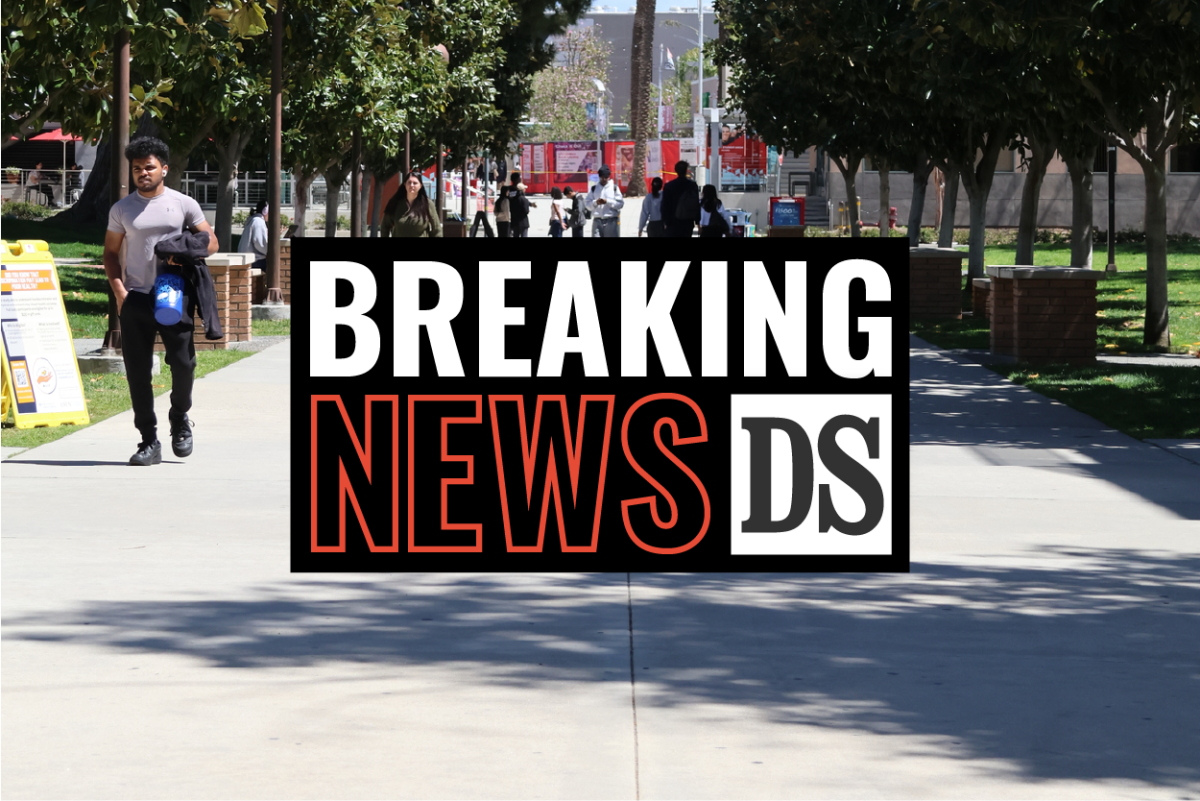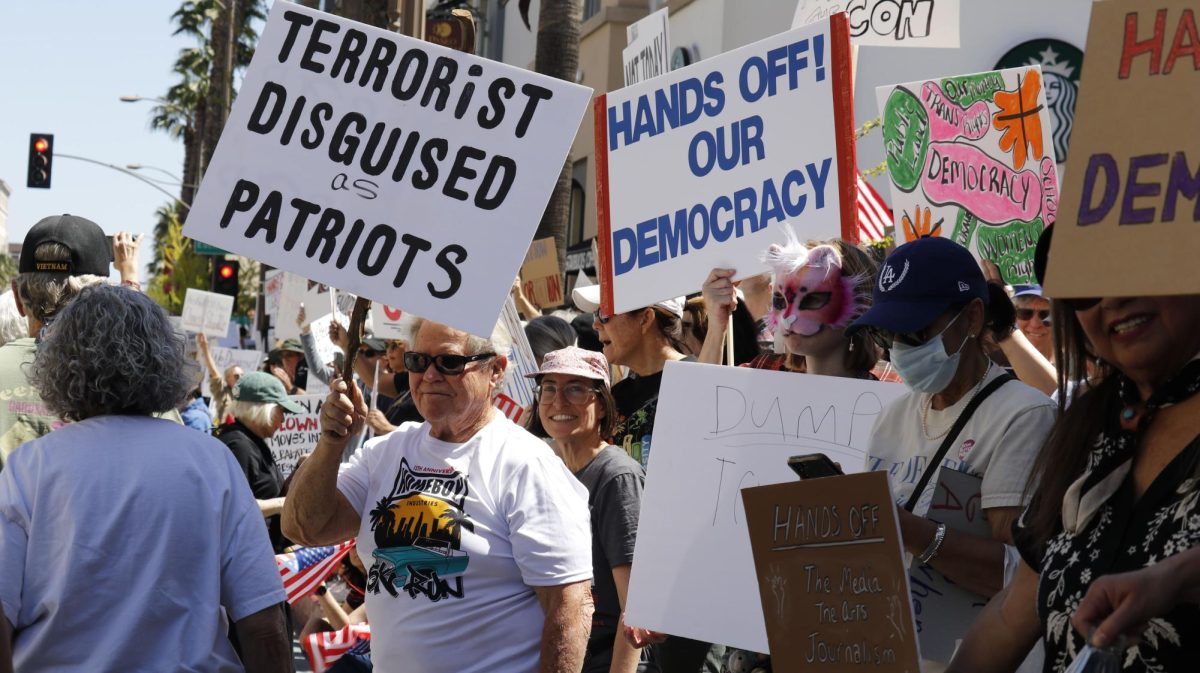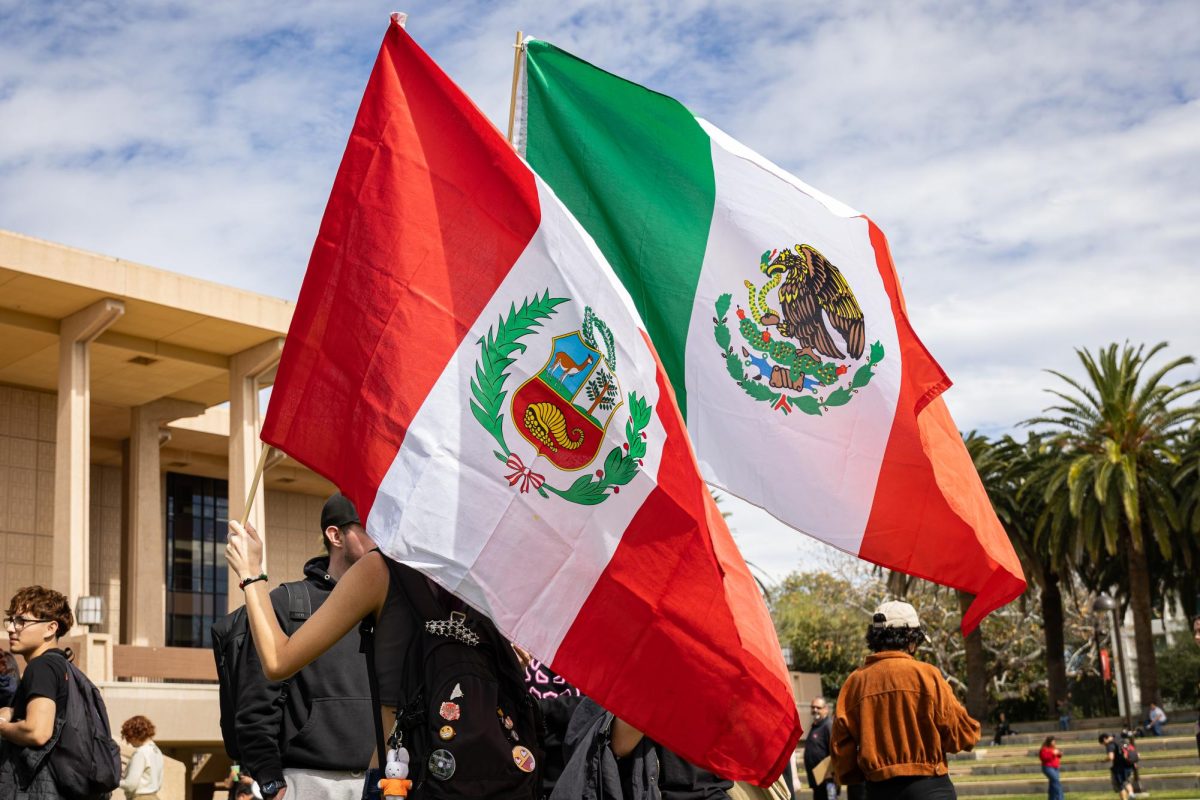The use and definition of “Conscious Ecology” is meant to act in a conscious manner about our environment, which involved us the people.
Environmental sustainability isn’t only about the”green” aspect like conserving energy, money, water and recycling or down cycling items, it is that and more.
Sustainability deals with the people and food, for example, making sure that people live well especially from the products they produce, for those that do since a lot of our consumption comes from them/that, and our food products are made in harmless practices.
A perfect example is the Fairtrade Labeling Organizations International (FLO) which is an international organization that deals with one of the most important consumption items in agricultural.
First and foremost, agricultural products, to name a few, are cacao, cotton, coffee, bananas must shy away from unhealthy agrochemicals, pesticides, and genetically modified organisms (just to name a few) in dealing with farming practices.
The main purpose to farm in a safe, healthy and organic manner is not only to preserve ecosystems for now and future generations but to protect farmers themselves and us, the consumers.
Other important factors that work under an environmental sustainable way of living are community development, which deal with cooperatives and organizations that educate producers in the subjects of health, farming methods, and training.
Producers are also involved in direct trade, eliminating the middlemen, which sometimes are not needed, fair labor conditions and wages, which allow them to receive fair prices for their products, free from any salve-like work, and access to not only food but medical insurance and education.
There are several certification organization like TransFair USA and non-profit organizations and cooperatives that bring those products to us, like Equal Exchange and Global Exchange, which insure those practices and values.




